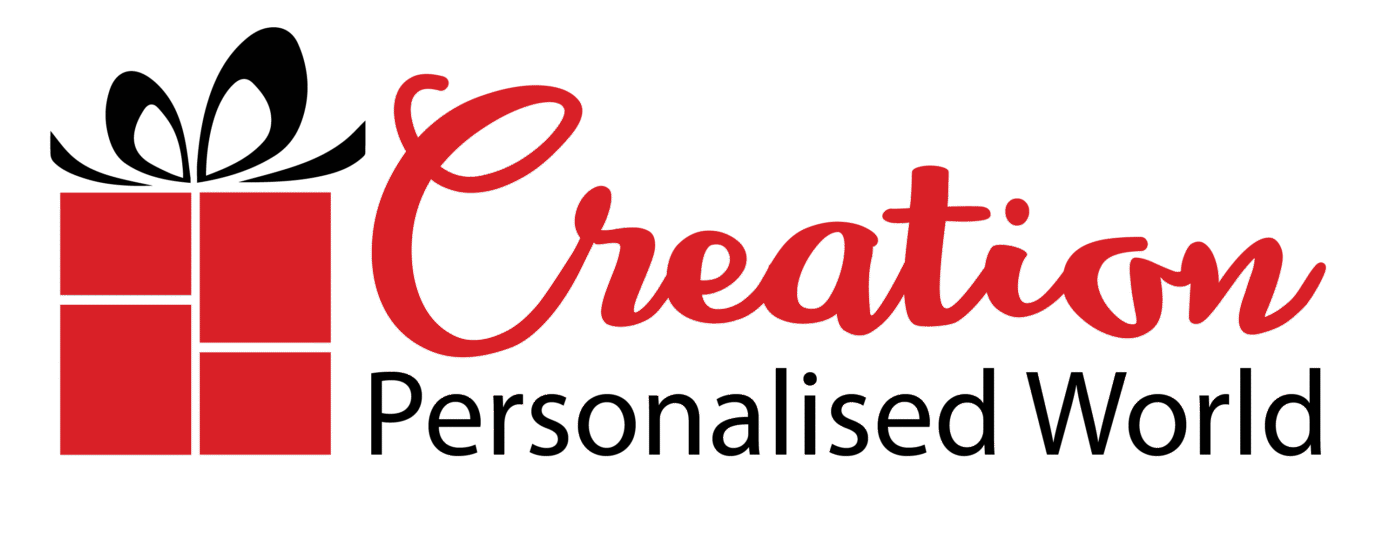If you’re not there for yourself, you can’t possibly be there for others, especially with the amount of time and energy this type of situation often demands. The entire point, after all, is to help convince the person in question to seek help or treatment for their addiction issues. Open body language, positive affirmations, and controlled tempers during the intervention are also useful. When dealing with alcohol addiction, one of the most challenging aspects is managing the intense emotions and thoughts that can lead to relapse. Cognitive and relaxation training are two critical strategies that help individuals alter harmful thought patterns and manage anxiety, which in turn supports long-term recovery. A person with an alcohol use disorder is also likely to experience withdrawal symptoms when they aren’t drinking, and they may have several failed attempts to stop.
How do you find a treatment program to offer at the intervention?
- We utilize an accessibility interface that allows persons with specific disabilities to adjust the website’s UI (user interface) and design it to their personal needs.
- The subject of the intervention must be ready to accept the help, and you can’t force this process.
Get help from an interventionist, doctor or social worker as well as family and friends. Use tools like advertising or social media to educate the wider family or friend circle about addictionand recovery. Sharing articles from trusted sources like the Mayo Clinicor 405 Recovery helps spread accurate information. Outpatient programs like 405 Recovery can offer same-day intake for patients needing immediate help.
Some interventions focus on education and awareness, providing a person with information about the consequences of their addiction. Others focus on skill-building, equipping them with coping mechanisms to manage cravings and triggers. Individuals may transition to an outpatient program after completing inpatient treatment, or they may begin their treatment on an outpatient basis. This will depend on the severity of their addiction and other personal circumstances. If they reject the opportunity for treatment, the members of the intervention group must carry out the consequences they outlined during the intervention.
Need help to stage an alcohol intervention?
This might mean purchasing flights or planning travel in advance for the individual and the professional. It can be helpful, if possible, to have a bag already packed for the individual so the process can start immediately. It’s important to remember that this process does not always go smoothly, and there is potential for the individual to say no to treatment. Not all interventions work, and sometimes people are simply not ready to enter treatment. This is often the point that requires each member to identify the boundaries they need to impose to feel safe. It can be tempting to drag up old history and feelings during an intervention, as emotions are heavily connected to memories we hold.
Everyone attending the intervention needs to commit to ending enabling behaviors and even the relationship if need be. The addicted person should clearly understand that there are consequences for not seeking help. Staging an intervention is an important part of getting a loved one with an alcohol or drug addiction to seek help. Many people struggling with addiction don’t realize or are in denial that they need help. An intervention isn’t necessarily how it appears in popular media. It should give how to do an intervention for an alcoholic support and encouragement to the person with addiction, but there are many more forms other than what you might see on TV.

Featured Programs
For more than 49 years, Stout Street Foundation has been a leader in the Colorado recovery community. Realize you cannot control them and focus on your physical and mental health. Attend support groups, get therapy, and continue to thrive in your own life. Our representatives can answer your questions and guide you toward treatment in your area. Your call will be confidential, and you don’t have to commit to a program to learn more about treatment options. Call today and find out how we can help you towards a healthier, happier future.

Regardless of whether the person with the alcohol addiction knows about the purpose of the meeting in advance, the goal of the intervention is to convince the person to seek treatment. Interventions occur in several steps, which include planning, confronting your loved one, and encouraging them to get help. A successful intervention results in the person seeking help, from joining a treatment facility to attending support groups or other alcohol treatment. Many addiction treatment providers limit contact with those outside the program to one degree or another. This is an intentional choice to help people with addiction issues focus on recovery and build a foundation of sobriety. Generally, more interaction with the outside world is allowed and encouraged over time.
The Role of Early Recognition in Effective Interventions
It sometimes includes a member of your loved one’s faith community or others who care about the person struggling with addiction. Some common alcohol interventions include behavioral interventions like counseling, as well as support group meetings and the use of medications. We publish material that is researched, cited, edited and reviewed by licensed medical professionals. The information we provide is not intended to be a substitute for professional medical advice, diagnosis or treatment. It should not be used in place of the advice of your physician or other qualified healthcare provider. The intervention team should include family and friends who can clearly state the impact of their loved one’s addiction on their relationship and quality of life.
- There are several different types of interventions, depending on the situation.
- Most professional interventions cost $1,800 and can be as expensive as $10,000.
- It’s about letting the individual know that their behaviors are affecting themselves and others and that there is hope for a healthier life with the support of loved ones and professionals.
- It’s important to recognize that interventions should encourage or motivate a loved one with addiction issues to seek treatment.
However, the overarching goal of interventions is to convince an individual to seek and accept treatment for their drinking. An intervention is when loved ones confront someone with an addiction, urging them to get treatment. Many interventions are only unsuccessful, especially when many people ‘gang up’ on a person with addiction in ways that make them feel attacked or defensive. Below are some strategies drug addiction treatment for approaching a person with addiction in ways more likely to be helpful. An informal intervention involves friends and family holding the person struggling with alcohol use accountable for the consequences of their addiction and asking them to accept treatment. During an intervention, family members and friends concerned about their loved one’s behaviour join together to persuade the person struggling to start treatment.
An intervention is a conversation with a loved one with the hope of getting them help for substance abuse. Alcoholism is a condition that influences every aspect of a person’s life—how they think, feel, and even their health. The steps you take during an intervention can have a direct effect on how the person responds. Finding the right treatment option involves researching providers and choosing one that aligns with your loved one’s needs, starting with a detox program. So can talking about potential treatment options with your intervention specialist.
Will My Insurance Cover Rehab?
The primary benefit of an intervention is that it can help an individual struggling with an alcohol or drug use disorder to realize the need for treatment and to seek it out. During an intervention, the participants will come together in a supportive and caring way to confront the individual with the consequences of their drinking or drug use. Each participant will have the opportunity to share their concerns and discuss how the individual’s drinking or drug use has affected them. The individual will then be presented with treatment options and encouraged to seek help.
